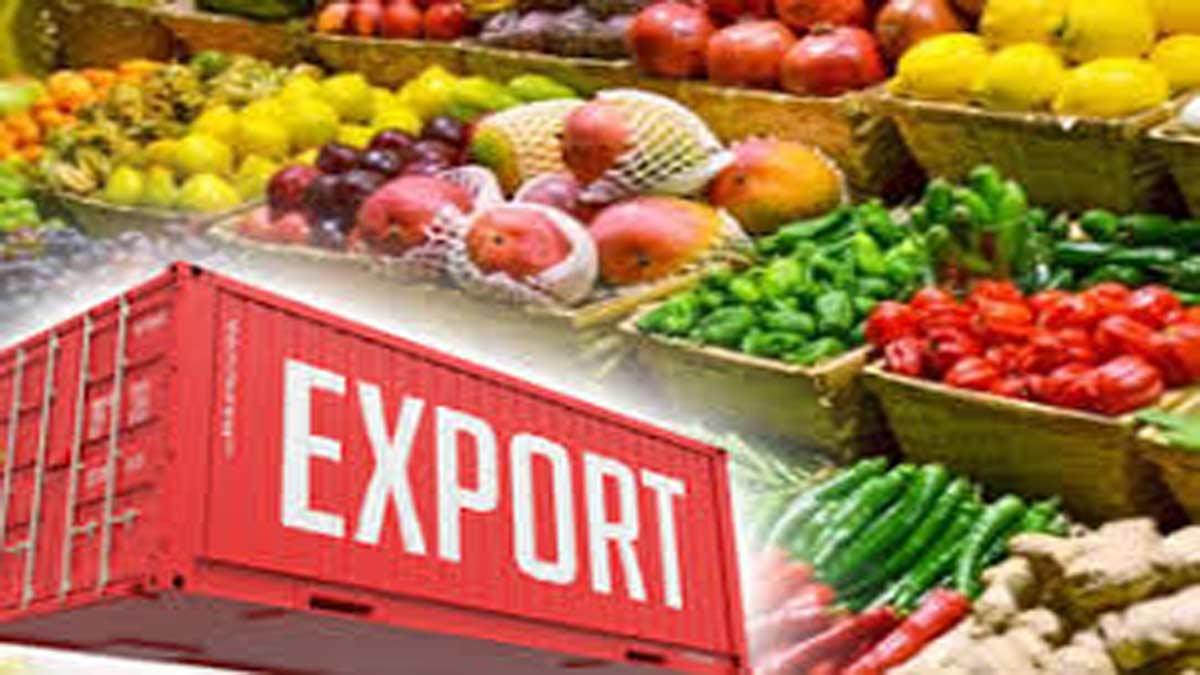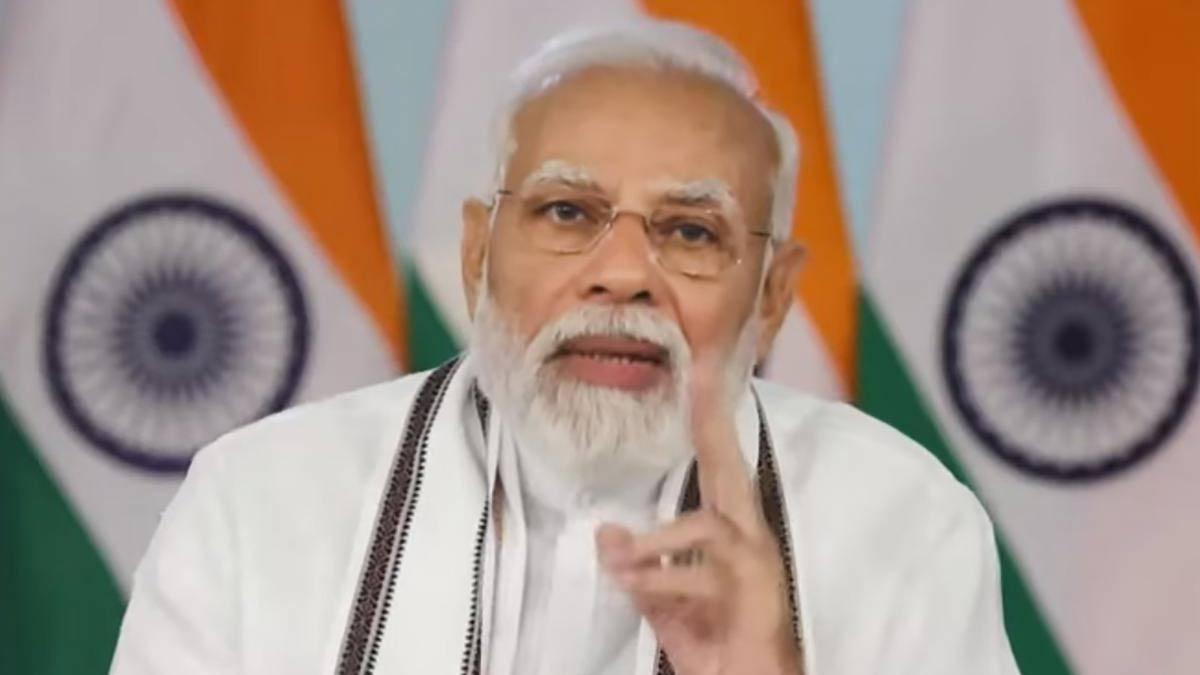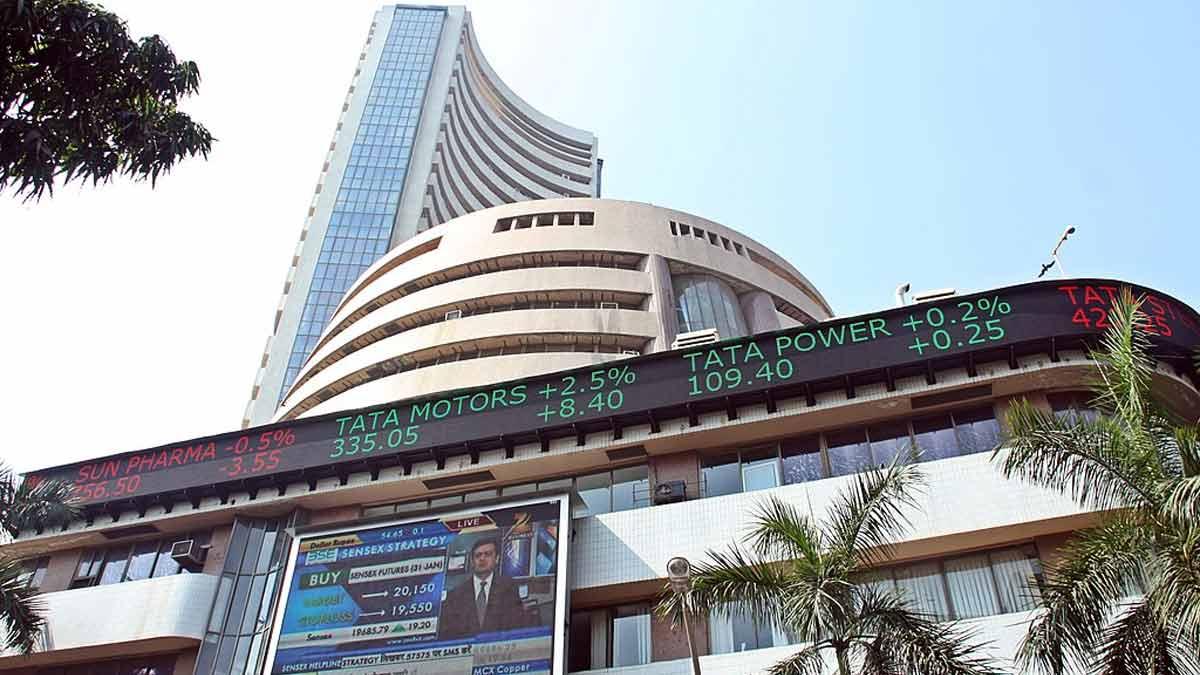The Federation of Indian Export Organisations (FIEO) has estimated that India's exports will reach $1 trillion at the end of the current fiscal year (FY26).
This figure is likely to be led by merchandise exports valued at $525-535 billion—a growth of approximately 12 percent from last year—and services exports at $465-475 billion, with almost 20 percent growth.
In FY25, India's export industry reached an all-time high with overall exports amounting to $824.9 billion, a 6.01 percent increase from $778.1 billion in FY24.
Services exports recorded a significant 13.6 percent growth to $387.5 billion, driven by robust performances of IT, business services, financial services, and travel-related industries.
Exports of merchandise rose to $437.4 billion, with record non-petroleum goods exports of $374.1 billion, a growth of 6 percent from the previous year.
S.C. Ralhan, FIEO President, presented strategic recommendations to maintain this growth momentum both in goods and services exports.
In order to capitalize on this momentum, it is imperative to diversify in emerging economies and intensify trade relationships with existing partners, thus decreasing dependence-related risks. Also, a shift of interest from raw materials to higher-value added products can increase export earnings and protect against world commodity price volatility," Ralhan said.
FIEO also focused on securing and enforcing Free Trade Agreements (FTAs) with key trading partners to facilitate market access and reduce barriers to trade. Investment in quality infrastructure, logistic cost reduction, and convergence with international standards were identified as crucial to making India more competitive in exports.
The organization called for advocacy on behalf of small and medium enterprises (SMEs) through enhanced access to finance and market information, so that they can participate more meaningfully in international trade.
With the trading environment worldwide in 2025 more characterized by protectionist policies like increased tariffs, non-tariff barriers, and strategic trade, Indian exporters are faced with new challenges.
Ralhan mentioned that exporters would have to attain end-to-end supply chain traceability—a space still not well-developed in conventional industries such as textiles, leather, and electronics.
We request the government to form sector-specific task forces to estimate Digital Product Passport (DPP) needs and formulate compliance plans. A national framework or digital infrastructure to assist exporters in generating DPPs efficiently is needed. Grants or financial support to MSMEs for implementing traceability and product life cycle management systems would be very valuable," he further said.
Read also| BSNL Posts Consecutive Quarterly Profits for the First Time in 18 Years
Read also| Russia will not 'roll out red carpet' for McDonald’s, Says Vladimir Putin


















